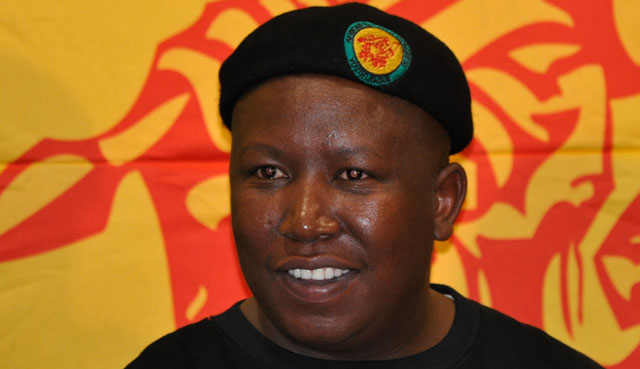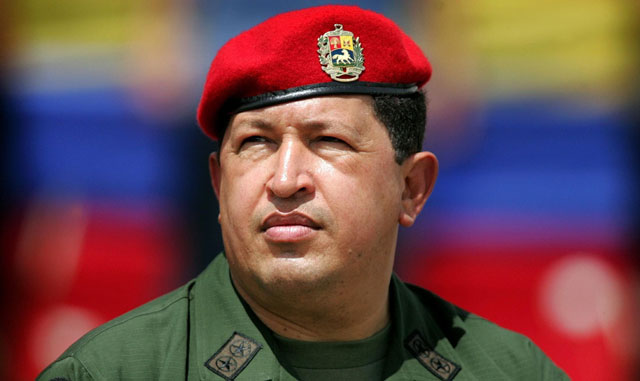
In Why Nations Fail: The Origins of Power, Prosperity and Poverty, economist Daron Acemoglu and political scientist James A Robinson argue compellingly that the key to economic growth and prosperity lies in strong and inclusive institutions.
Inclusive economic institutions, such as those in South Korea and the US, are those that allow and encourage participation by the great mass of people in economic activities that make best use of their talents and skills and enable individuals to make the choices they wish.
To be inclusive economic institutions must feature secure private property, an unbiased system of law and a provision of public services that provides a level playing field in which people can exchange and contract; it must also permit the entry of new businesses and allow people to choose their careers.
The authors go on to say: “Secure property rights are central, since only those with such rights will be willing to invest and increase productivity.”
In the same way that inclusive institutions spur economic growth and prosperity, extractive institutions that “are structured to extract resources from the many by the few and that fail to protect property rights or provide incentives for economic activity” doom a country to perpetual poverty.
Understandable anger about the excessive inequality in South Africa lies at the heart of the rise of Economic Freedom Fighters. The party is the most successful of the three splinters from the governing ANC since 1994. The others are the United Democratic Movement and the Congress of the People. The EFF made headway by engaging in aggressive rhetoric and proclaiming an African socialist revolution.
The problem is not that the EFF’s analysis of South Africa’s problems is completely inaccurate — the party has a valid point about the necessity of free education, for example. The problem is how the EFF wants to address these issues and where it gets its economic policies from.
The manifesto
In its founding manifesto, the party outlines seven “non-negotiable cardinal pillars”, which include building state capacity, the nationalisation of strategic sectors of the economy and the expropriation of land without compensation.
The EFF’s local government election manifesto spells out this vision in more detail. Its manifesto is a combination of lavish promises and magical thinking with regard to basic economic concepts.
But first and foremost, the party’s manifesto is a continued attack on South Africa’s economic institutions. Among other things, the EFF wants to abolish the tender system that is used, for example, to determine who can build a road at the lowest cost.
Doing so would diminish competition among businesses. Rather, the EFF wants to directly employ residents to do the same job, thus creating the same patronage network it criticises in the ANC. How this should lead to less corruption remains a mystery.
Another aspect of the election manifesto is even more worrying. The EFF writes:
A minimum of 50% of basic food items and goods would have to be produced within a municipality. A minimum of 40% of all investments in its jurisdictions should be owned and controlled by community trusts or invest a minimum of 40% of their profits in the municipality.
The party envisions nothing less than a society where municipalities are organised in chiefdoms rather than being part of a modern nation state.
The Venezuela option
In a eulogy after the death of former Venezuelan president and fellow commander-in-chief Hugo Chavez in 2013, Malema praises the comrade following his visit to Venezuela in 2010 where he studied the country’s nationalisation programme:
Chavez was able to lead Venezuela into an era where the wealth of Venezuela, particularly oil was returned to the ownership of the people as a whole.
Venezuela has some of the world’s largest proven oil reserves that, in conjunction with a 10-fold increase in crude oil prices between 1998 and 2008, enabled Chavez to enact a series of populist socialist policies.
But when the oil price started to fall in 2014, the party in Venezuela was, quite literally, over.
On 29 April, Empresas Polar, the country’s largest producer of beer, stopped producing because it ran out of barley. This is only the latest in a long list of shortages that includes basic necessities such as baby food and toilet paper. Things have turned so bad that three meals a day have become a luxury many people can no longer afford.

The reason for this shortage is that many international firms suffered billion-dollar losses and abandoned their operations.
Russ Dallen, head of investment bank Latinvest, summarised the situation in Venezuela in grim words:
The worst shortage is of medicine and medical equipment. To be sick in Venezuela right now is a death sentence.
The EFF is trying to follow the Venezuelan model by heavily promoting the nationalisation of “minerals, metals, banks, energy production and telecommunications” as its core economic agenda.
Even if nationalisation along the lines of the EFF document were legally possible — and it is not — the numbers simply do not add up.
Primary mineral exports contribute about 30% of South Africa’s total merchandise exports. This is well below the 95% oil contributes to Venezuela’s exports. And it is less than clear that any state-owned entity will turn profits. Take power utility Eskom, for example, which would be insolvent without government bailouts, or national carrier SAA, which is currently in need of yet another guarantee from national treasury. Nationalisation will not be enough to finance the EFF’s lavish promises.
Reservoir of resentment
What the EFF is trying to do is tap into a reservoir of accumulated apartheid injustice. Freelance journalist Louise Ferreira summarised aptly:
White prosperity was built on the oppression and dehumanisation of black bodies.
The scars of the apartheid regime’s crimes, in particular of the forced resettlement of millions of people, are still visible today. In 1994, the ANC set out to redistribute 30% of farmland to black farmers by the end of 2014, but only 5% of land has actually been transferred.
This lack of transformation is what makes the EFF attractive to so many. Early on, Malema picked up on the discontent South Africans had begun to feel towards democracy.
He was recently quoted saying that “white monopoly capital has stolen our land”, and one of the EFF’s key promises is that, similar to Zimbabwe, it will expropriate land without compensation.
Malema has never made a secret of his man-crush on Zimbabwe’s ruthless dictator, Robert Mugabe:
There’s no system that has worked successfully for Africans, except the Zimbabwean system. The Zimbabweans today can be hungry and poor, but at least they own property.
What he fails to understand, however, is that without capital, and in particular foreign capital, the only thing people can do with their land is subsistence farming that will offer neither them, nor their children, a way out of poverty.
The EFF’s entire economic policy, it seems, consists of weakening the very institutions that economists have identified as key drivers of economic growth.
But without inclusive institutions, South Africa will be turned into a kleptocracy akin to countries like Venezuela and Zimbabwe.![]()
- Co-Pierre Georg is senior lecturer, African Institute for Financial Markets and Risk Management, University of Cape Town
- This article was originally published on The Conversation

